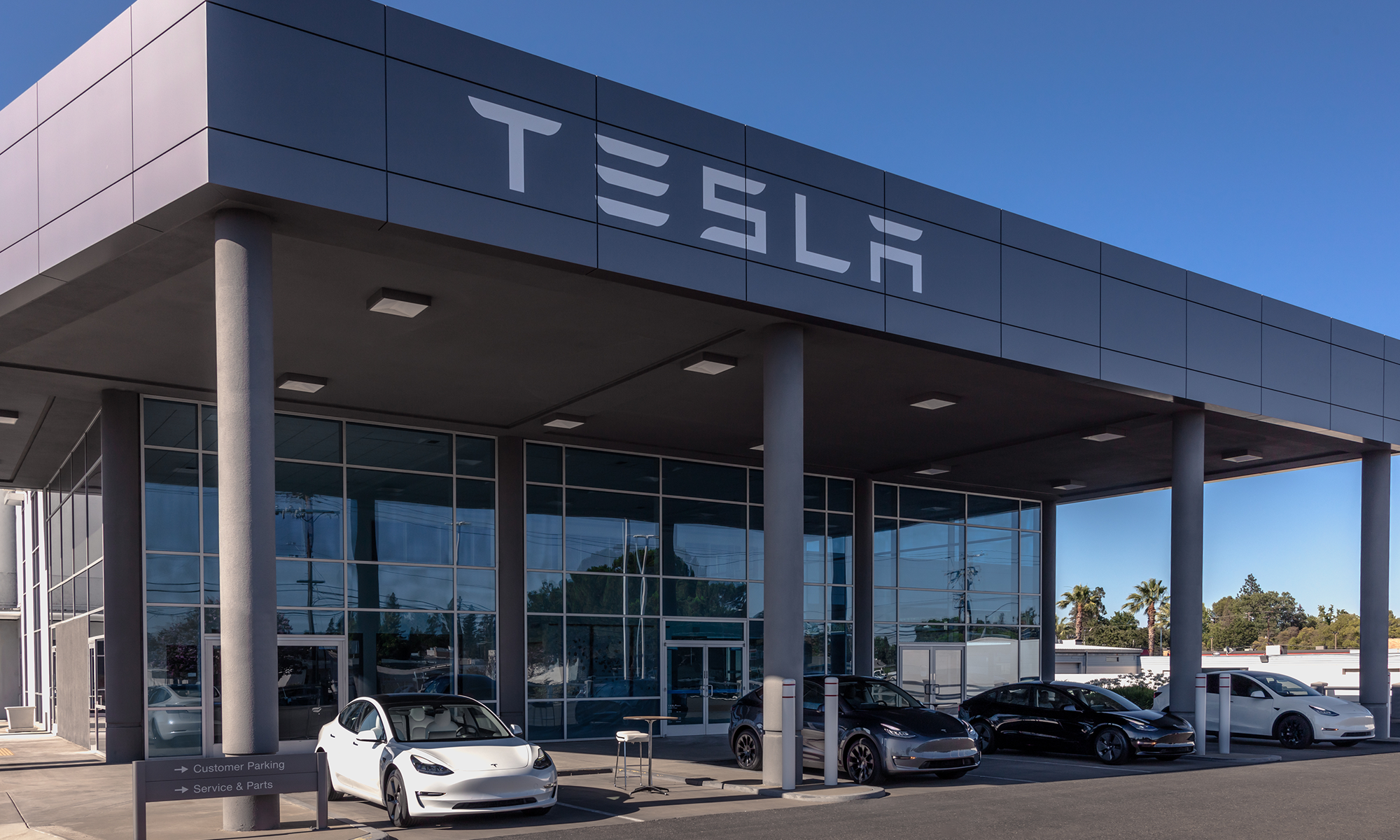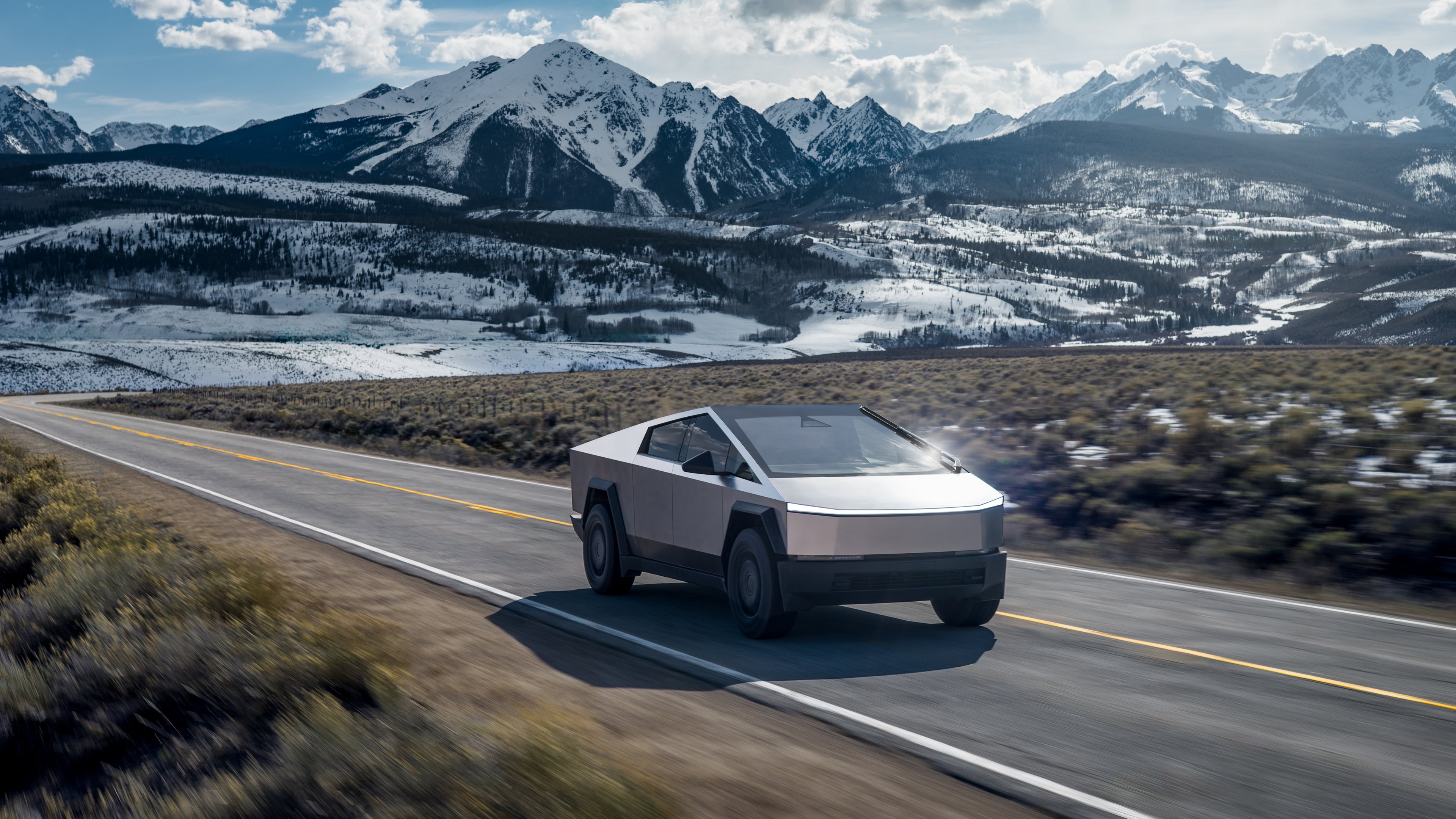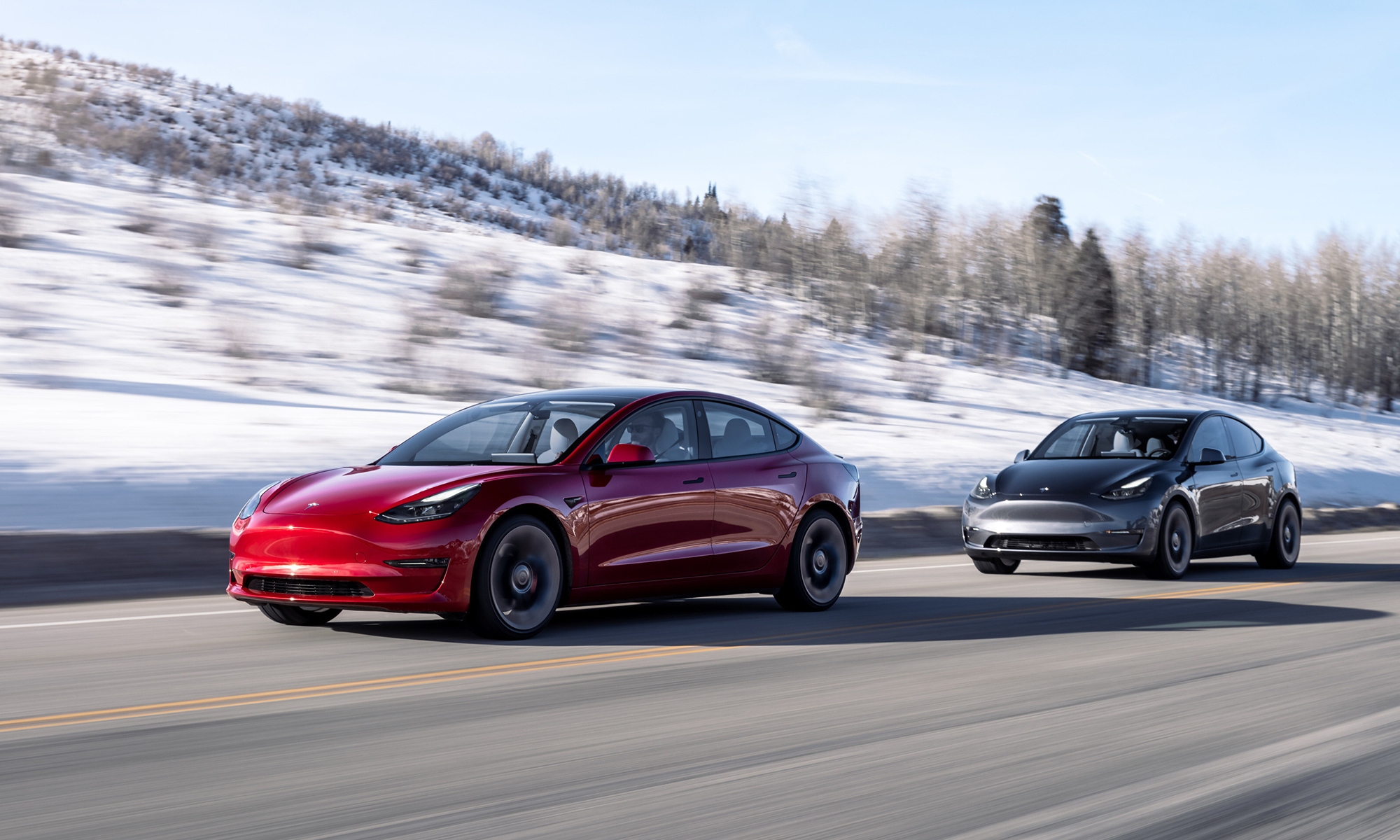Tesla (TSLA 0.44%) shares are up 434% this year. Asking whether this run has gotten ahead of itself and shares are overvalued is important. It's also an open invitation to feel the outrage of shareholders tired of those who "don't get it."

Whose opinion should you listen to? That's up to you. But a few weeks ago, Tesla CEO Elon Musk shared his thoughts in an interview with CNBC. Here's what he said when asked about his stock's surge (emphasis mine):
I really feel like the valuation we've got right now is more than we have any right to deserve, honestly. I think we need to make sure we really, you know, knock the ball out of the park in the coming years. ...
The market obviously goes through these periods of exuberance and depression. In our case, our stock has a lot of volatility because it depends so much on what people believe our future execution will be. Our stock price is obviously far too high based on historical financials, or even on current financials, so the value is very much based on what the future cash flows will be like. So as that confidence waxes and wanes, we'll see big swings in the value of the company.
The highlighted part isn't new; many people have pointed it out. But it's still lost on analysts and investors who are tempted to compare Tesla's metrics to other car companies.
The standard response to those who say Tesla can't be compared with others is to suggest they are falling for the "it's different this time" fallacy that pops up during all bubbles. But as analyst Eddy Elfenbein points out, sometimes it really is different this time:
I'd say there's about 10% of stocks, maybe even just 5%, where fundamental analysis is totally useless. ...The reason is that conventional metrics don't work on unconventional stocks. If a technology comes along which changes the entire ballgame, all those ratios go out the window.
How should someone have valued Eastman Kodak twenty years ago? The stock was a long-recognized stalwart of American business. It was a classic Nifty 50 stock and it paid a good dividend. As late as 2007, shares of EK were over $30. While all seemed calm on the surface, the company was quickly being made obsolete. Today, a share of EK goes for three cents. The dynamics changed and just by following the numbers, you would have been left in the dust. ...
There's always some innovation going on somewhere that threatens to upend the entire game, and fundamental analysis won't see it coming.
Same with Tesla. And it was the same 10 years ago during the dot-com bubble. Valuing companies based on clicks and made-up metrics was wrong for most dot-com companies. Most looked (and were) insanely overvalued. But for a few -- Amazon, for example -- the crazy valuations were totally justified: Amazon now trades three times higher than it did in 1999.
But Eddy's point about this rule being applicable to 5% or 10% of stocks is important. And I'd say he's overdoing it there -- I'd put it closer to 1%. The problem investors run into is that it's hard to know 5% or 10% (or 1%) of stocks to apply this rule to. Is it easy to tell apart Amazon.com from Etoys.com? Today, of course. Fifteen years ago, it wasn't nearly as clear. All we knew was that some company would do something enormous, and traditional valuation metrics wouldn't apply to those winners.
If you're into this style of investing, you just have to be aware that what you're doing is more akin to late-stage venture capital investing than what most consider to be traditional investing. The prospect of massive wins is mixed with the risk of horrendous losses. The worst thing you can do when investing in a company like Tesla is not realize that this is what you're doing. When a lot of investors evaluate the company using traditional metrics like the P/E ratio, many of them clearly don't.






